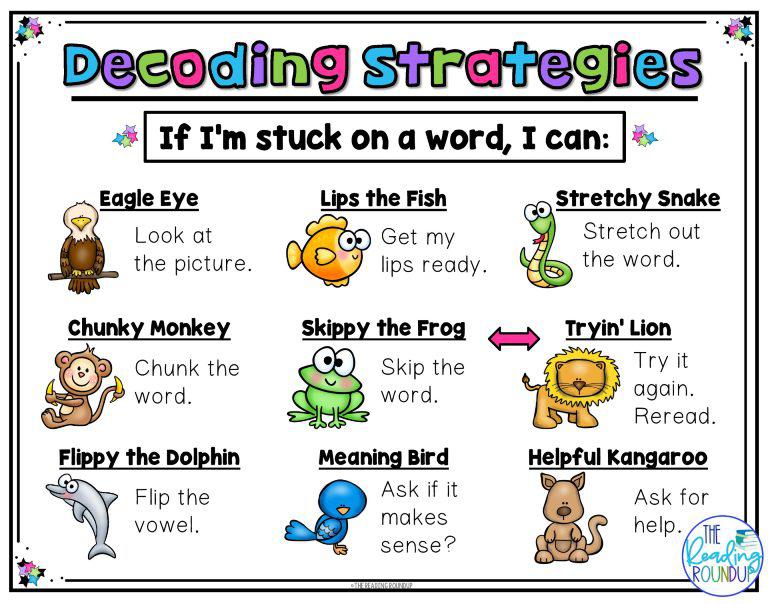Hale Irwin, a three-time U.S. Open champion and a member of the World Golf Hall of Fame, is widely recognized for his exceptional longevity and consistent performance on the golf course. This article presents a comprehensive analysis of Irwin’s insights and strategies for effective golf performance, drawing from his extensive tournament experience, instructional materials, and interviews. By examining Irwin’s prescriptions for various aspects of the game, including swing mechanics, course management, and mental game, this article aims to contribute to the scientific understanding of effective golf performance and provide valuable insights for golfers of all skill levels aspiring to improve their game.
– Decoding the Impact of Course Management on Golf Performance
Decoding the Impact of Course Management on Golf Performance
Understanding the nuances of a golf course is crucial for predicting the demands of each shot and optimizing performance. This approach goes beyond merely hitting the ball; it involves comprehending the layout, recognizing hazards, and leveraging course conditions to maximize efficiency.
Course Dynamics:
Golfers must analyze the trajectory of their shots and how it interacts with the course terrain. Factors such as distance, wind, elevation change, and green complexes impact shot selection and execution. By considering these variables, players can make informed decisions about aiming points, club choice, and swing technique to navigate the course effectively.
Hazard Awareness:
Knowing where bunkers, water hazards, and thick rough are located is essential for risk management. Skilled course managers weigh the likelihood of avoiding or recovering from hazards against the potential rewards of attacking certain pins. This understanding allows them to adapt their game plan, select appropriate targets, and mitigate potential penalties.
– Swing Mechanics: Unlocking the Secrets of Precision and Distance
Swing Mechanics: Unlocking the Secrets of Precision and Distance
The golf swing is a complex and dynamic movement that requires a high level of coordination, timing, and sequencing. When executed correctly, it can produce incredible shots that soar through the air with precision and distance. However, the slightest deviation in any part of the swing mechanics can result in inconsistent and inaccurate shots.
The Keys to Effective Swing Mechanics
To achieve the perfect golf swing, it’s essential to master the following key elements:
- Grip: A firm but not tight grip on the club ensures proper club control and trajectory.
- Stance: A balanced and stable stance provides a solid foundation for the swing.
- Backswing: A smooth and controlled backswing with proper weight shift and clubhead position sets the stage for a powerful downswing.
Hale Irwin’s Prescriptions
Golf legend Hale Irwin, known for his impeccable swing and consistent performance, offers the following prescriptions for effective golf performance:
| Prescription | Description |
|---|---|
| Maintain a Loose Grip | Grip the club with a light pressure, allowing for a free and relaxed swing. |
| Develop a Neutral Stance | Stand evenly balanced with your feet shoulder-width apart, slightly bent at the knees. |
| Coil and Release | Build tension in your body during the backswing, then explode through the ball with a powerful downswing. |
By applying Irwin’s prescriptions and constantly refining your swing mechanics, you can unlock the secrets of precision and distance, ultimately improving your overall golf performance.
– Mental Mastery in Golf: Harnessing the Power of Focus and Resilience
Understanding the Mental Game
Successful golf performance requires not only physical prowess but also a high level of mental acuity. By embracing techniques for focusing and building resilience, golfers can gain a significant edge on the course.
Harnessing the Power of Focus
Maintaining unwavering focus throughout the game is crucial. When you’re on the tee box, techniques such as deep breathing and visualization can help you establish a clear mental picture of your desired shot. As you take your swing, stay present in the moment by concentrating solely on the ball and your target. Use external cues, such as the divot or a nearby tree branch, to maintain your focus.
Cultivating Resilience
Golf is an inherently frustrating game, and every player will face adversity on the course. Effective coping mechanisms are essential:
- Embrace your mistakes: Don’t let a bad hole or shot derail your performance. Learn from your errors and focus on the next challenge.
- Stay optimistic: Maintain a positive attitude throughout the round. Believe in your ability to overcome obstacles.
- Seek support: If needed, consult with a golf psychologist or coach. They can provide guidance and techniques for building resilience.
| Mental Mastery Exercise | Description |
|---|---|
| The Box Breathing Technique | Inhale for four counts, hold for four counts, exhale for four counts, and hold for four counts. Repeat for several minutes. |
| Visualization Exercise | Take a moment to visualize the perfect shot. Focus on the ball, your swing, and the desired outcome. |
| Self-Talk Exercise | Replace negative thoughts with positive ones. Use affirmations to bolster your confidence and focus on your strengths. |
– Effective Practice Routines: Designing a Path to Improvement
- Hale Irwin’s Prescriptions for Effective Golf Performance
Effective practice routines are essential for improving golf performance. By following some simple guidelines, you can create a practice routine that will help you to improve your skills, reduce your scores, and enjoy the game of golf more.
Establish clear goals.
The first step in creating an effective practice routine is to establish clear goals. What do you want to improve? Do you want to hit the ball longer? Straighter? More consistently? Once you know what you want to improve, you can start designing a practice routine that will help you to achieve your goals.
Develop a structured plan.
Once you have established clear goals, you need to develop a structured plan for your practice sessions. This plan should include the following elements:
- A warm-up period to prepare your body for the practice session.
- A series of drills to work on specific aspects of your game (e.g., driving, putting, chipping).
- A cool-down period to help your body recover from the practice session.
Set realistic goals and reward yourself for your efforts.
It is also important to set realistic goals for yourself. Don’t try to do too much too soon. Start with small goals and gradually work your way up to more challenging goals. And reward yourself for your efforts. This will help you to stay motivated and on track.
Table: Hale Irwin’s 5 Steps to Practice Like a Champion
| Step | Description |
|---|---|
| 1 | Start with a clear goal. |
| 2 | Develop a structured plan. |
| 3 | Set realistic expectations. |
| 4 | Reward yourself for your efforts. |
| 5 | Have fun! |
– Nutritional Strategies for Optimal Golf Performance
Nutritional Strategies for Optimal Golf Performance
Understanding Nutritional Needs for Golfers
Golf performance is significantly impacted by proper nutrition. Golfers require a balanced diet that provides adequate energy, carbohydrates, protein, healthy fats, vitamins, and minerals to support strenuous activity, muscular function, and recovery. Consult with a registered dietitian or sports nutritionist to personalize your dietary plan based on individual needs and training intensity.
Hydration and Recovery Strategies
Maintaining optimal hydration is crucial for golf performance. Water intake before, during, and after play helps prevent dehydration and improves focus. Consider electrolyte-rich sports drinks for intense or prolonged sessions to replenish sodium and potassium lost through sweat. Adequate recovery nutrition after a round, such as a protein-carbohydrate snack, aids in muscle repair and glycogen replenishment.
| Nutrient | Role in Golf Performance |
|---|---|
| Carbohydrates | Primary energy source for muscle contraction |
| Protein | Essential for muscle growth and repair |
| Healthy Fats | Provide sustained energy and aid in nutrient absorption |
| Iron | Plays a crucial role in oxygen transport to muscles |
| Calcium | Supports bone health and muscle function |
Hale Irwin’s comprehensive prescriptions for effective golf performance provide a pragmatic and multifaceted approach to improving one’s game. By incorporating his insights into swing mechanics, mental preparation, course management, and physical fitness, golfers can enhance their overall skills and maximize their potential on the golf course. Irwin’s emphasis on practice, dedication, and continuous learning serves as a reminder that golf is a lifelong pursuit of excellence, and his prescriptions provide a roadmap for achieving that goal. By implementing these principles, golfers can not only improve their scores but also enhance their enjoyment and appreciation for the game.







